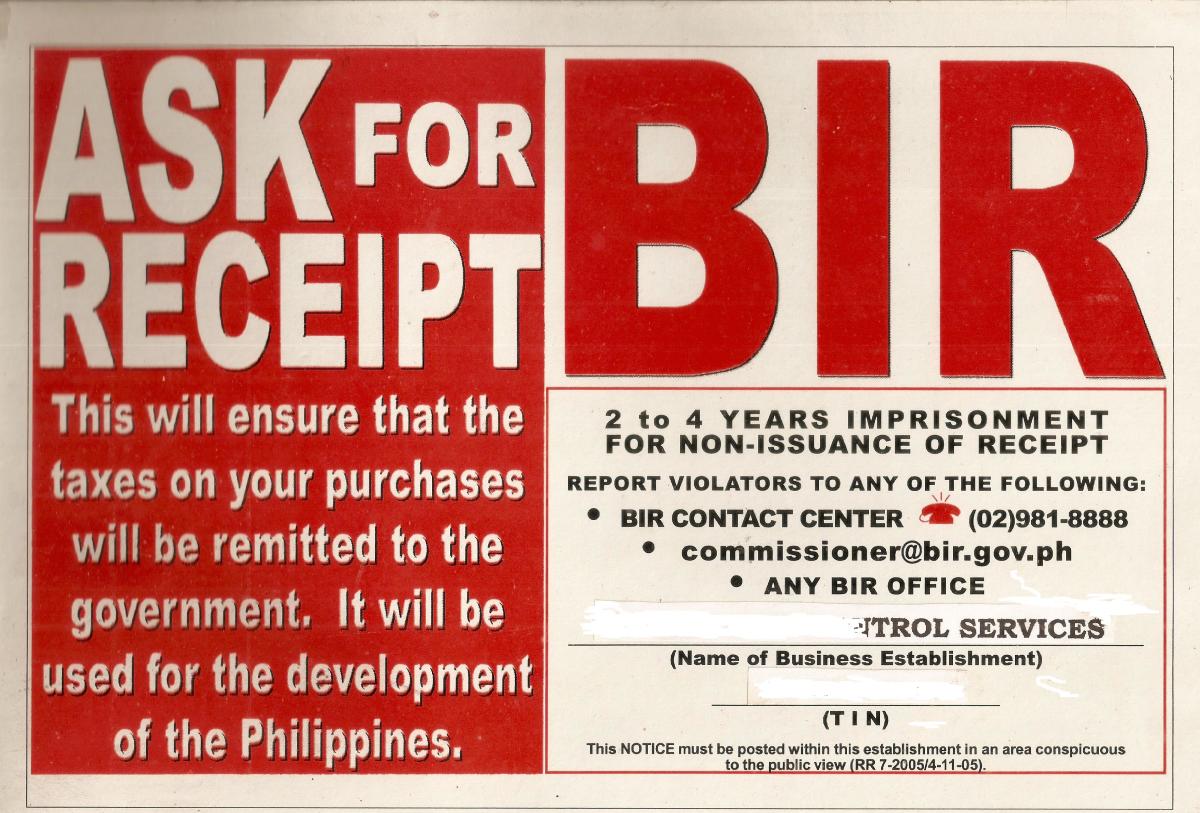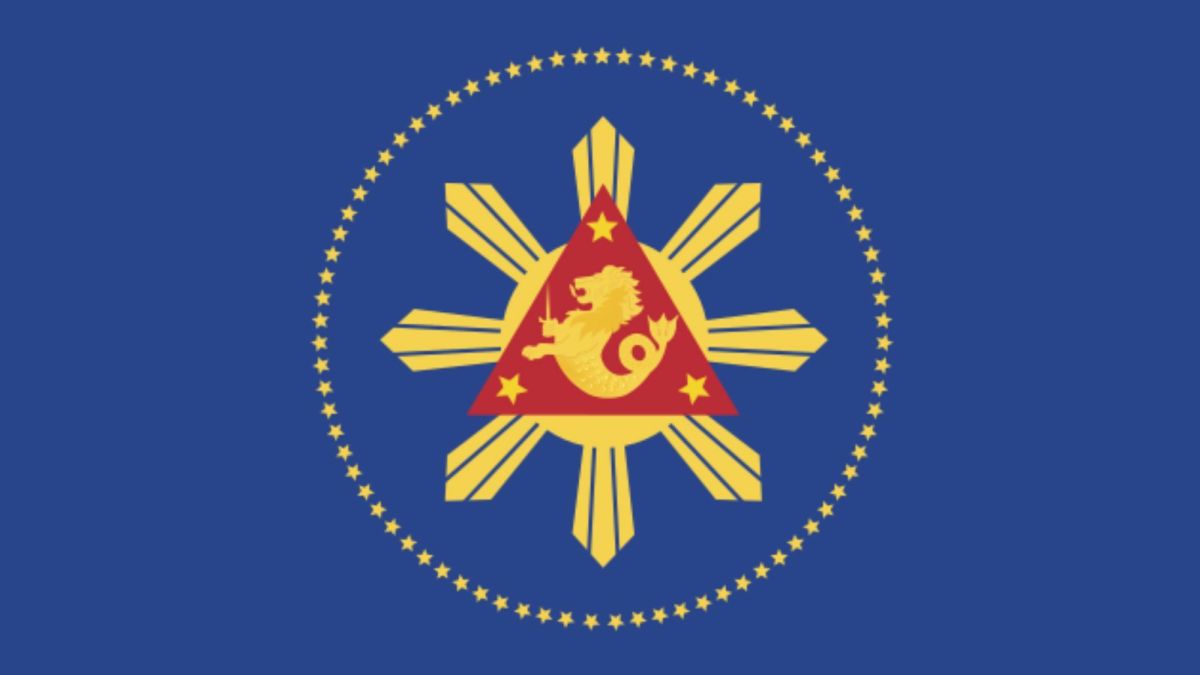Filipinos in Harm's Way in Syria

Violence is escalating in Syria and concern over the safety of more than 17,000 Filipinos in the country is leading the Department of Foreign Affairs in the Philippines to take action to repatriate them. Complications have arisen because many of Filipinos in Syria are there illegally and as is common in situations like these, many often refuse to leave until the very last minute when the situation gets really worse. Further, the delicate situation is making it difficult for President PNoy and the government to implement the necessary actions to find the expatriate Filipino workers and return them to their country of origin.
Syria is undergoing a dramatic political change. President Bashar al-Assad is struggling to maintain the power of the Alawites against the threat of popular protests from a nearly 75 percent Sunni nation. An estimated 4,557 registered Filipinos are being advised by the government to leave, though this is proving to be difficult. Only 434 Filipinos have been reported as voluntarily leaving the Philippines despite the initiation of a level 4 alert that enacts forced repatriation.
External Links:
- OFWs may fly to Lebanon, Jordan soon—DFA | Inquirer Global Nation
Foreign Affairs officials are ready to lift overseas deployment bans to Lebanon and Jordan but continue to warn Filipinos against going to protest-wracked Syria where over 60 workers are scheduled for repatriation later this week. - DFA Appeals to OFWs in Syria: Heed Call for Repatriation
The Department of Foreign Affairs (DFA) today once again appealed to the more than 4,000 Filipinos still in Syria to heed government's call for mandatory repatriation back to the Philippines while there is still time.
Much of the Filipino population in Syria is there as a foreign work force, but there is a substantial amount that is there illegally. Seeking better opportunities in another country, many were tricked by agencies that promised to get them to Syria and offer them employment. More than 6000 of these victims of human trafficking are believed to be women. Their new employers make it difficult for these workers to leave, holding on to their passports and threatening them with criminal punishment should they attempt to go. This makes the Department of Foreign Affairs’ job even harder, as they must track undocumented workers and those who brought them there are not likely to be helpful. Unlike normal migrant workers who can be found and taken from Syria, these illegal Filipinos require more time and resources, both of which are limited. Illegal aliens need to pay a fine before they can leave Syria; this is an additional cost for the Philippine government to cover aside from expenses in relation to the repatriation of Filipinos in that country.
The government had begun a campaign of getting the Filipino people out of harm’s way by issuing warnings as soon as violence was monitored to have escalated, though this has not been enough to convince many of them to leave for the sake of their safety. All necessary assistance is being offered and hotlines have been established for relatives of Filipinos in Syria to help convince and get their loved ones out. Families have further been asked to give as much information as they can regarding their relatives who may be in Syria, especially those who are there illegally, but most are notably worried about potential punishments that their loved ones may face. The government has been working closely with the Syrian government as well, though with the threat of civil war there is only so much assistance that could be extended by the host government who is very much preoccupied with dealing with the threat to its continued existence.
In response to the deteriorating situation in Syria, President PNoy has organized the Task Group on Voluntary Repatriation-Syria, as well as forming a ten man rapid response team that was deployed last September 6. Many courses of actions are being taken to get Filipinos, both legal and illegal, out of Syria and clear guidelines have been set to let the migrant workers know that they need to leave before it becomes much more difficult to do so.
The Philippine Embassy in Damascus can be contacted by any Filipino who wishes to get assistance for repatriation. With the intense difficulties in tracking down and repatriating illegal immigrants working in Syrian households, those who have the freedom to leave have a responsibility to either go while they can or be prepared to face the consequences that may come.
The Philippine government has put a great deal of time, effort and resources towards the rescue effort and those that refuse to leave should realize that at a certain point there is not much the government can do for them. By then, their fate and their lives are entirely in their own hands. The people who refuse to leave must realize that if full-blown hostilities erupt, and Philippine diplomatic personnel have been ordered to vacate the country, there's not much the government can do anymore. The risk and the cost would be far greater at that point in time, and limited resources are best served to be used for other more urgent cases of assistance to Filipinos in trouble overseas.
29 December 2011 Moira G Gallaga©








